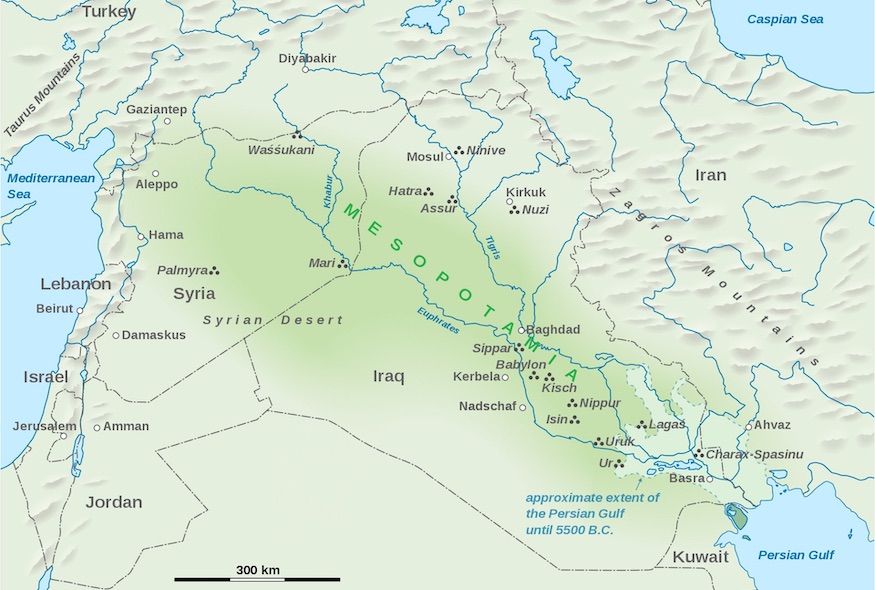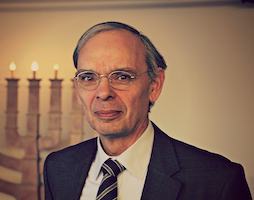The secret of Israel (3) – The calling of Abram
The appearance of Jesus the Messiah is the culmination in God’s great plan towards the restoration of all things and the establishment of His Kingship in Israel and from there all over the earth. But that pathway starts centuries before that with the calling of Abram and the birth of a new and unique people, Israel.
In Genesis 12 the amazing history of Abram – God’s friend – begins. The Lord looks him up and speaks with him while he is living in Ur, in Mesopotamia, together with his wife, in the heathen sphere of influence of Babel.
It wasn’t long after the Flood, in which God has shown His wrath over a world that has forsaken Him. Noah dies when Abram is sixty years of age and his son is still alive and ruling in Canaan (Genesis 9:26). But the recollection of the judgment of God is tucked away and the world has turned itself away from God again. The terrible nadir of it is the building of the tower of Babel (Genesis 11).
Society became hard and ruthless. The Jewish tradition tells that the builders of the tower suffered more from a brick that fell down than over a labourer, during the building. But the people became particularly arrogant. They think they can measure up to heaven and no longer need God. They became so clever and headstrong. And if they are still religious, then mainly to their own advantage.
They serve the sun and the moon, planets that seem to maintain the world and of course they serve the fertility gods, powers that supply prosperity, wealth and health. Abram’s family also agreed with this. In the book of Joshua we read: ““This is what the Lord, the God of Israel, says: ‘Long ago your ancestors, including Terah the father of Abraham and Nahor, lived beyond the Euphrates River and worshiped other gods’” (Joshua 24:2).
Apparently Noah’s testimony was no longer Abraham’s parents concern anymore. One would expect that God now resolutely bring this world to an end. Apparently creation came to nothing. Project earth failed. But that is not what God is doing.
After the Flood He promised that he would not destroy earth again in that manner and He will stay faithful to that promise. He must feel hurt and abandoned, denied as the giver of all life and than He looks for Abram and the Lord begins a new beginning in spite of everything, a way, straight across the history and godlessness of His world towards a future that is different.
Paul will later write amazingly: “Who has known the mind of the Lord? Or who has been his counsellor?” (Romans 11:34). Why did You do in Your love and faithfulness what You did? The apostle gives no answer. He stops in amazement and rightly so.





